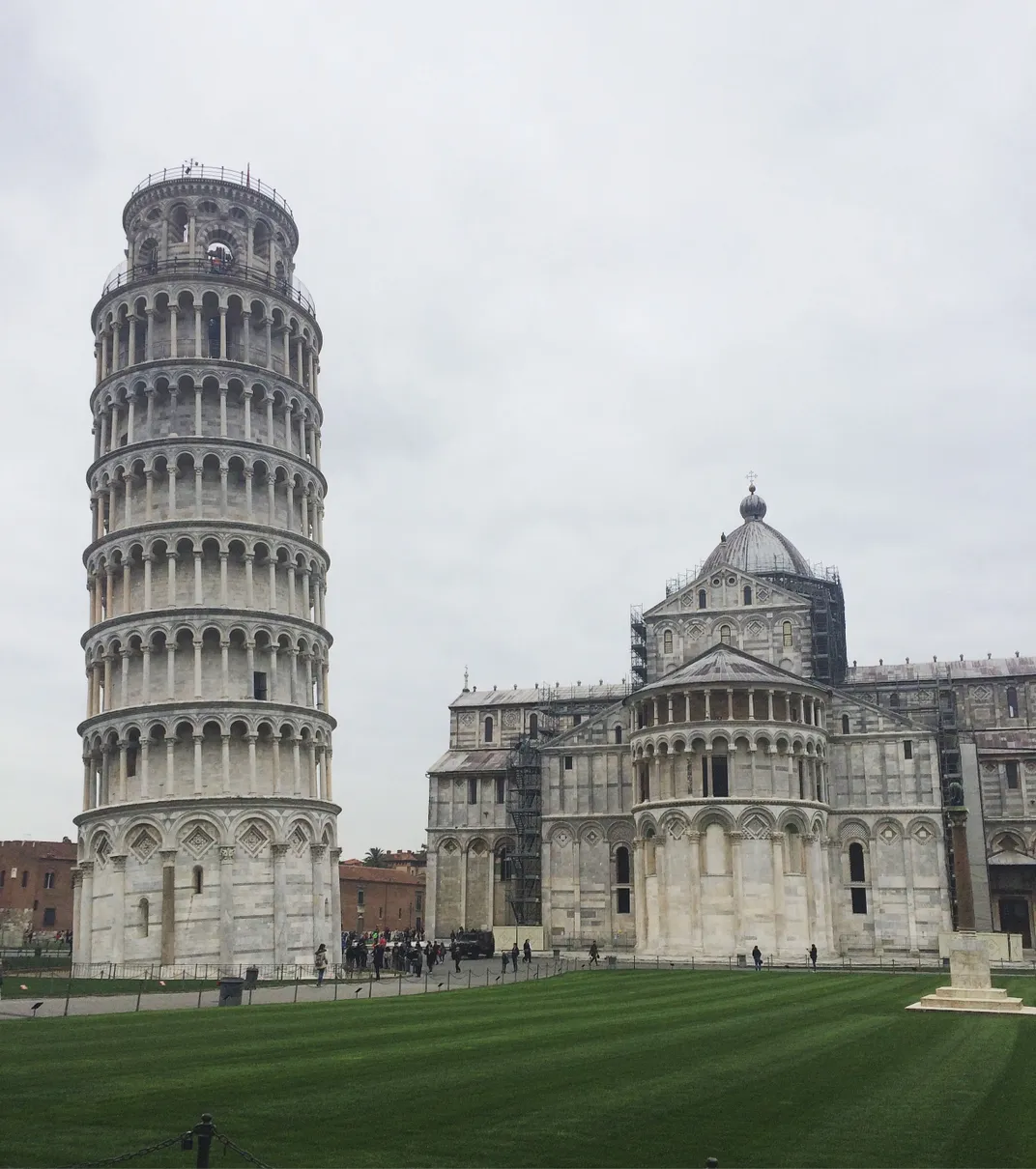Like a Reverse Atlantis, This Legendary Harbor Ended When Its Sea Route Dried Up
Researchers believe the changing environment doomed ‘Portus Pisanus,’ a harbor once considered lost to time
/https://tf-cmsv2-smithsonianmag-media.s3.amazonaws.com/filer/6d/5e/6d5e4131-2226-40f3-926b-e5cf4bf4d73c/map_of_pisa_and_the_mouth_of_the_arno_source_cornelis_meyer_1685.jpg)
Long before Pisa's most famous landmark first started leaning, the Italian city boasted a rich maritime culture centered around the ancient harbor of Portus Pisanus. First established around 200 B.C., the seaport enjoyed centuries of dominance in Mediterranean trade, but around 1000 C.E.—some 300 years before construction of the Leaning Tower of Pisa was completed—changing coastlines began to diminish the harbor’s influence. By 1500, the great Portus Pisanus was gone. The naturally protected lagoon had been cut off from the ocean and transformed into a coastal lake. Over the years, its original location was lost.
Now, Andrew Masterson reports for Cosmos, researchers believe they have finally found the lost harbor of Pisa, ending an enduring maritime mystery and offering new insights on the coastal city’s environment.
To locate the ancient port, an international team of scientists relied on a mixture of biological and geological approaches. According to local news outlet Pisa Today, researchers reconstructed 10,500 years’ worth of relative sea levels in order to measure the effects of such trends on the port basin’s formation. Pisa, located some 50 miles west of Florence, catches the Arno River just before it spills into the Ligurian Sea, an arm of the Mediterranean located between northern Italy and the island of Corsica. Scientists theorized that Portus Pisanus must have bordered the eastern Ligurian.
In addition to tracking sea levels, the team created an 8,000-year environmental history of the basin, combining analysis of sedimentary deposits with maps and contemporary written accounts.

The researchers’ findings, recently detailed in Scientific Reports, not only identify the ancient harbor’s one-time home, but suggest the very geological process that sparked the basin’s formation also caused its decline.
“The site where the harbor complex was located was both its strength and its weakness,” the authors write, "because … sediment supply eventually entrained its demise. Portus Pisanus was destined to disappear due to long-term coastal dynamics and environmental change.” In other words, the hydrological and geological processes that made Portus Pisanus into a safe haven for sea-going vessels also meant the harbor's connection to the sea would eventually be closed.
The harbor first emerged around 200 B.C., connected to the southern region of the city. In the fifth century A.D., the port was described as “a large, naturally sheltered embayment” that housed merchant vessels, hinting, according to the study’s authors, at the city’s powerful maritime-metropolitan infrastructure and the great importance placed upon the harbor.
Between 1000 and 1250 A.D., Portus Pisanus’ natural lagoon began transforming into a coastal lake as coastlines shifted toward the Ligurian Sea. By the sixteenth century, Pisa’s ancient harbor had all but disappeared, soon to be replaced by a new maritime port, Livorno, that stands to this day.
In a statement, University of Exeter geographer Matteo Vacchi explains that the team’s findings highlight the influence coastal changes had on seafaring societies.
“The study of the evolution in the coastal zone in the past is a fundamental tool to predict future changes in the context of climatic change,” Vacchi adds. “Thanks to the huge amount of archaeological remains, the Mediterranean Sea offers the unique possibility to understand the ability of past societies to respond to such major coastal changes.”
/https://tf-cmsv2-smithsonianmag-media.s3.amazonaws.com/accounts/headshot/mellon.png)
/https://tf-cmsv2-smithsonianmag-media.s3.amazonaws.com/accounts/headshot/mellon.png)